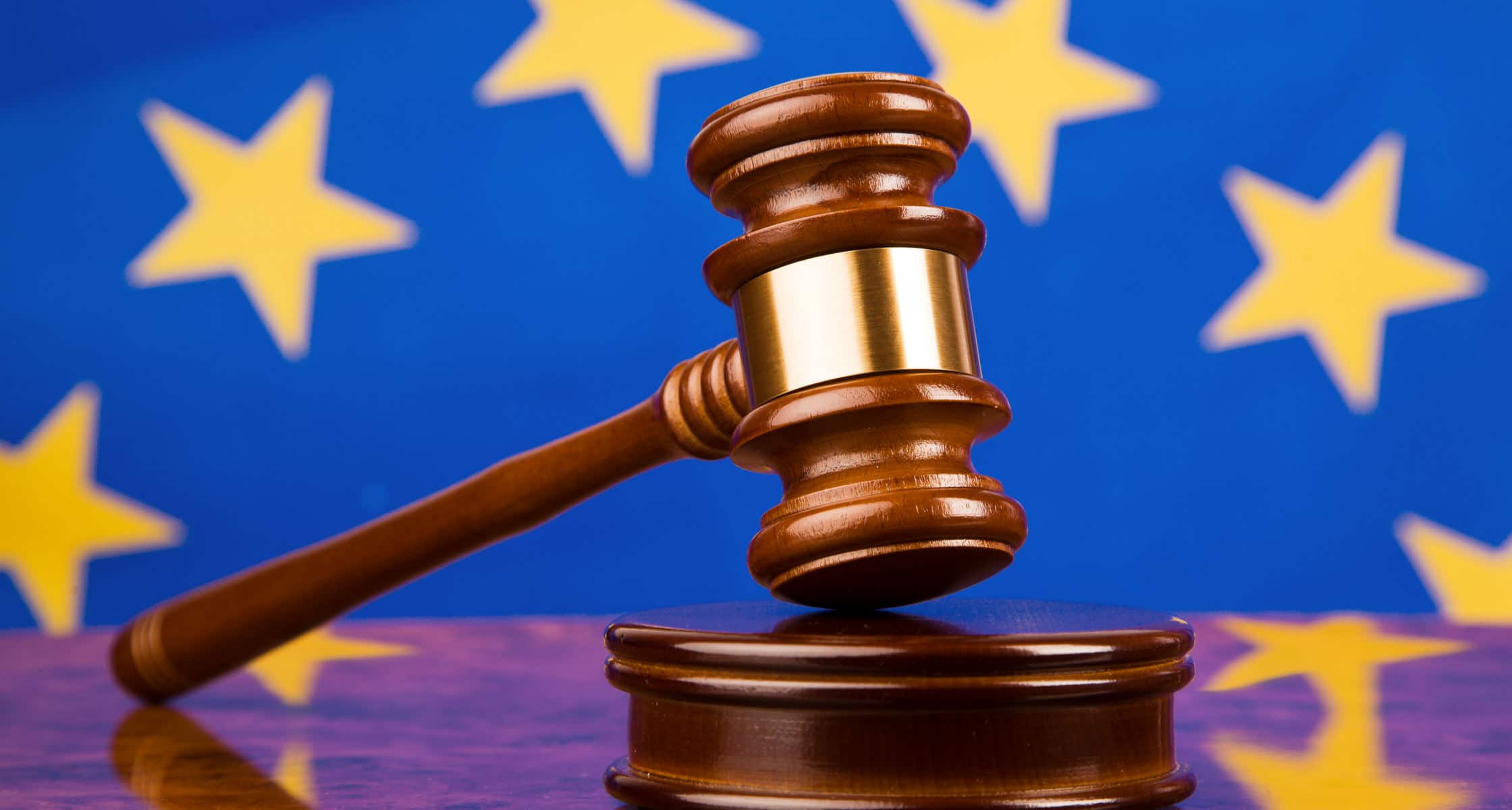The AfD has once again underlined its opinion towards rainbow families. Various politicians of the party are upset that the rights of rainbow families should be strengthened in the future.
The ruling of the European Court of Justice was the straw that broke the camel's back for some AfD'ers. But what had happened? And what impact will the new laws have on families with same-sex parents?

What was decided?
With the recent ruling of the European Court of Justice, the rights of rainbow families have once again been strengthened a little. And it is precisely this that various AfD politicians take issue with.
The bone of contention: the decision that the country of Bulgaria must recognize the citizenship of a child, even if the parents in question, who have the citizenship of the respective country of origin, are people of the same sex.
Or in other words, if both rainbow parents have the citizenship of the country of Bulgaria, the country must also recognize the citizenship of the child in question. What sounds logical to some, (obviously) causes worry lines for others - and this, although the ruling in its scope has no (!) impact on whether a state accepts same-sex marriages.
The bone of contention was a lesbian couple. One woman has Bulgarian citizenship, one has British citizenship. Both live in Spain with their daughter. The birth certificate showing both women as mothers was also issued here. When the child's travel documents were to be applied for in Bulgaria, the authorities objected because the birth certificate did not mention "mother and father".
Beatrix von Storch speaks out
One of the first to speak out in the wake of the European Court of Justice ruling was Beatrix von Storch. She went one level higher and did not talk about nationalities, but once again pointed out that every child has a right to a father and a mother. Therefore, it is not the task or the business of the EU to impose gay marriage on a state.
Taking Bulgaria as a concrete example, she explained that it was perfectly okay for a sovereign state to take a different position than other countries regarding rainbow marriages and that there was no reason to interfere with national law.
To what extent these statements are true in detail, everyone must certainly evaluate for themselves. Because: Contrary to what Storch's statements would have us believe, at least in part, the European Court of Justice has of course not decided that marriage for all must be permitted in every country of the EU with immediate effect. The ruling is merely about strengthening the rights of rainbow families.
In addition, Storch once again cites arguments that have been used by many LGBTQI+ opponents in the past: She talks about the fact that the welfare of children is disturbed by same-sex partnerships with children. At the same time, she criticizes that the sovereignty of the EU states has been endangered by the ruling.
Christine Anderson rages in a similar vein
Christine Anderson sits for the AfD in the European Parliament and even goes one step further. She describes the ruling on Twitter as an "absurd genuflection to #LGBTQIA sensitivities" and thus undoubtedly expresses between the lines what she thinks of the fact that the rights of the community are now to be strengthened a few times.
However, the reactions of queers from all over Europe were quite positive. The verdict was by no means seen as "clear from the start" or something similar.
And even if not all queers, but "only" those with children are affected, the reactions showed once again how the community can pull together.
Have you noticed? Since the end of the lockdown, there have been more queer attacks in the UK.